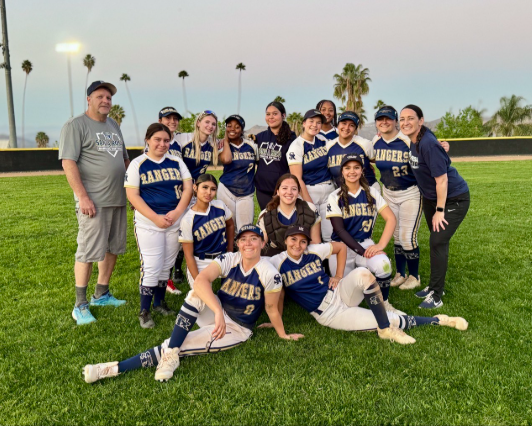“Legally Blonde” isn’t just another romantic comedy; It’s a transformative coming-of-age narrative transcending its genre boundaries. Released in 2001, the film’s protagonist, Elle Woods, embarks on a journey of self-discovery, resilience, and breaking stereotypes, leaving an enduring impact on audiences of all ages.
When asked why she thinks “Legally Blonde” is an important coming-of-age movie, CBU student, Bella Ramsy responded “Everyone believed that she was incapable of getting into Harvard. She worked hard to prove all of them wrong and got into Harvard Law and became a successful lawyer.”
Ramsy’s insight underscores the central theme of perseverance and determination in the face of adversity. Elle’s Journey from being underestimated to achieving her dreams serves as a source of inspiration for viewers, especially women who have encountered similar challenges in their lives.

“Commonly in today’s society, women are taught at a young age that their emotions and beauty tend to be a weakness, however, this film teaches women that they don’t need to sacrifice their femininity to be successful in this world.” Answered student, Tyson Willis, when asked why he believes this is an Important coming-of-age film for women of all ages.
Indeed, “Legally Blonde” challenges societal norms and gender stereotypes, advocating for authenticity and self-acceptance. Elle’s unapologetic embrace of her femininity while excelling in a male-dominated field empowers women to redefine success on their terms.
SRA Freshman, Gray Lee stated “ Her coming from California helps me connect with her a lot. Elle is a hard worker and I love that she never changes her style and stays true to herself.” Elle’s unwavering authenticity and unwavering self-confidence resonate deeply with audiences. Despite facing ridicule and skepticism, she remains steadfast in her beliefs and values, inspiring viewers to embrace their uniqueness and stay authentic in the face of adversity.

An article from The Young Folks titled “The Film Canon: ‘Legally Blonde’ (2001)” states that it “almost feels wrong to call ‘Legally Blonde’ a romantic comedy. Love may have been a motivator in the beginning and a bonus reward in the end, but the story is more of a personal journey for a character who learned that she was more than what she initially settled with being
The film’s emphasis on Elle’s personal growth and professional ambition elevates it beyond the typical romantic narrative. Elle’s realization that she doesn’t need validation from others, particularly her ex-boyfriend, showcases her independence and strength. Some also believe that “Legally Blonde” shouldn’t be considered a chick-flick as it is instead a “ Manifesto of willpower, intelligence, and defeating a sexist patriarchal mindset.”
Elle’s academic achievements and professional success challenge the traditional notions of femininity, inspiring viewers to break free from societal constraints. Audiences also applaud Elle Woods’ Sorority sisters, who supported her decision to attend Harvard Law School despite their initial reservations. Elle also forms unexpected friendships like Paulette and with women who initially underestimate her like Vivian and Professor Stromwell, Elle also expresses the value of Sister and mentorship, inspiring women to uplift and empower one another rather than compete or tear each other down.

“Legally Blonde” isn’t just a romantic comedy; it’s about self-discovery, resilience, and breaking stereotypes. Elle Woods’ journey from an underestimated sorority girl to a successful lawyer is a testament to the power of perseverance and self-acceptance. The film’s empowering message transcends its genre, making it a timeless classic for audiences of all ages.





































